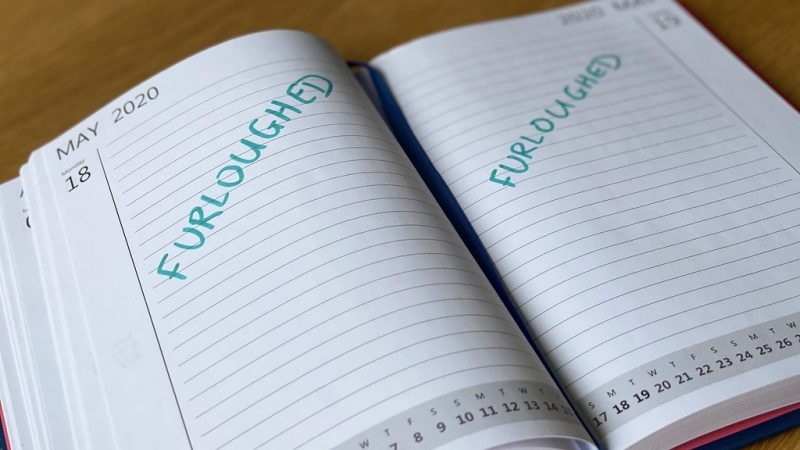Millions have slipped through the gaps - billions have been squandered through fraud, writes Christopher Evans MP.

Covid has brought about carnage on a par with the worst kind of natural disaster. For governments all over the world, this has meant moving fast.
In France and Germany, they adapted existing schemes, which allowed firms to temporarily furlough or reduce the hours of staff at a time of economic difficulty, with governments providing income support when not working. No such scheme exists in the United Kingdom. Complicating matters further was the lack of pandemic contingency planning
This was a huge challenge, with HMRC and the Treasury having to create something from scratch. In late March just before lockdown the Government announced the Coronavirus Job Retention Scheme (CJRS) to provide grant payments to employers to cover part of the wages of furloughed employees.
This was followed by the Self-Employed Income Support Scheme (SEISS) to provide grant payments to self-employed individuals whose businesses had been adversely affected by the pandemic.
According to the National Audit Office, the schemes have been largely successful in protecting jobs in the period to October 2020, with at least 12.2 million people benefitting from support. The CJRS scheme supported 9.6 million jobs and, at its peak in May, around 30% of the UK workforce was furloughed. The SEISS scheme supported at least 2.6 million self-employed, around 77% of the 3.4 million people potentially eligible for the scheme.
Fraught with fraud?
However, as successful as these schemes have been, they have been beset with large-scale fraud. Some reports have referred to criminal gangs, stealing taxpayers’ identities to make claims. Some unscrupulous employers have claimed furlough payments under CJRS whist their employees carried on working. This has come about because employees would not have known they were under the furlough scheme unless their employer had told them about it.
As HMRC rushed to make payments within six weeks, they did not carry out pre-payment checks, increasing the chances of fraudulent claims.
Worse still the National Audit Office has found HMRC are woefully unprepared to recover money wrongfully paid out. Estimating they would have to deploy 500 extra staff to address grant errors, they are unable to recruit extra staff as the 18 months it would take to train them would be too long. Even as the scheme was extended, HMRC still does not have a grip on the issue.
Through the gaps
At the same time, there are some 2.9 million people who are ineligible for the schemes. This includes 1.1 million people estimated by third parties to be ineligible for CJRS because HMRC had limited data to validate claims or determine eligible. These include short term contractors, freelancers and those who pay themselves in dividends. Those who are the unsung heroes of the British economy.
Within that figure are an estimated 200,000 people who took the risk to go it alone this year and start their own business. They have found themselves unable to claim because they have not made a tax return because they are in their first year of trading.
Losing its grip
It is almost laughable when the Government has said it has struck out claims to guard against potential fraud and error, when it still cannot put a figure on how much their mistakes have cost taxpayers.
According to the HMRC’s own planning assumption total fraud and error could cost anything in the region of £2 to £3.9 billion arising from the CJRS. So far, only £10 million has been claimed back. Just a tiny fraction of this money could have been used to help micro-business mitigate the downturn in the economy.
For those who find themselves outside of the schemes, there are very human stories of severe hardship, financial struggle and many sleepless nights. Many look to the future with fear. It is time the Government stepped up to the plate to help them out.
Even if a vaccine does kick-start the economy, many of those outside of the schemes will struggle to recover, with no capital for their business or with their savings decimated. Nearly a year from the beginning of this crisis the Government must review criteria for their schemes and offer immediate support for those who have had no help all year
When a natural disaster hits, it is deemed a humanitarian tragedy and Covid has certainly been that. The furlough scheme has been a lifeline for so many people. It would be a tragedy if there were deprived of the aid they so desperately need.
Christopher Evans is the Labour and Co-operative Member of Parliament for Islwyn.
Image credit: CC
To reach hundreds of thousands of new readers we need to grow our donor base substantially.
That's why in 2024, we are seeking to generate 150 additional regular donors to support Left Foot Forward's work.
We still need another 117 people to donate to hit the target. You can help. Donate today.



